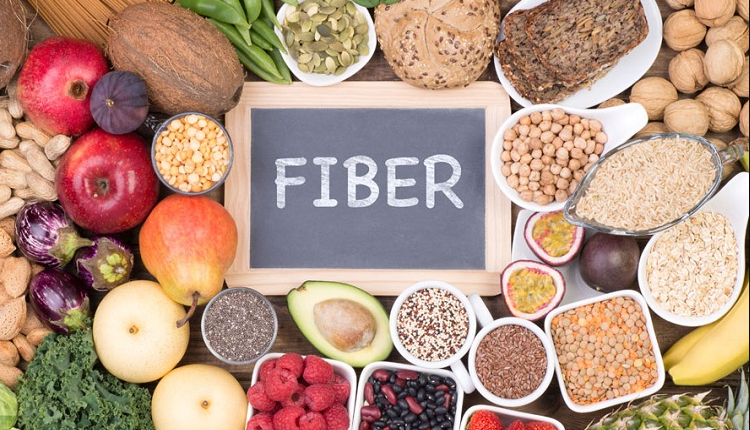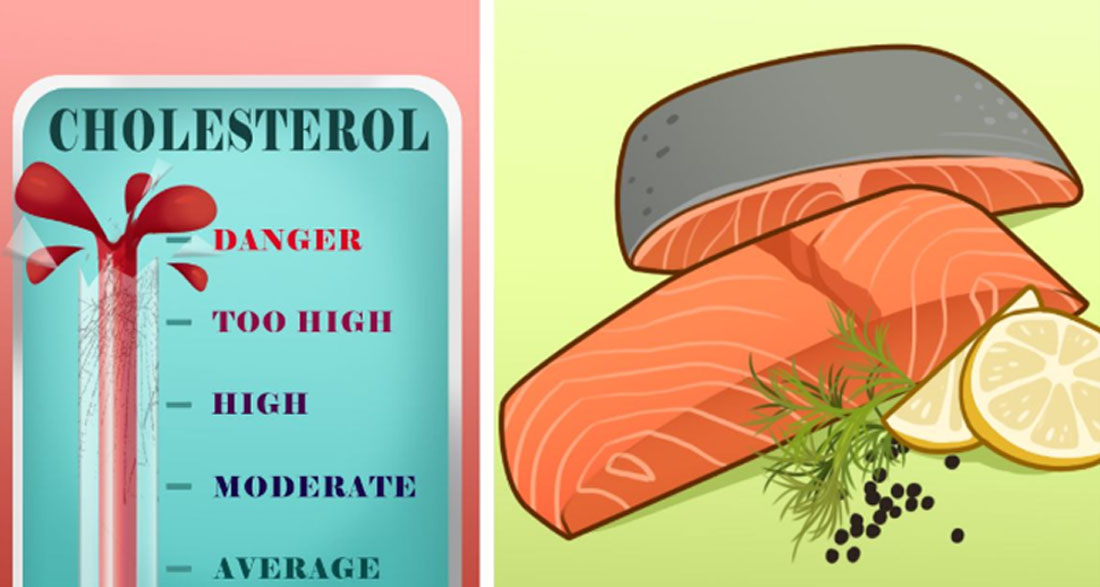No one likes to hear that their cholesterol is too high. It can lead to serious problems like strokes and heart attacks because it causes the arteries to harden. But many people panic when they hear about their high cholesterol.
They rush to take medication without first thinking about their lifestyle and diet. What if there’s a way to fix it naturally before turning to pills?
Sometimes, all it takes to lower your cholesterol is making some changes in your daily habits and what you eat. When you understand which fats are good for you and which ones aren’t, you can make smarter choices that could help you avoid medication.
Of course, always keep your doctor updated on anything you do. Here are five easy tips that might help you manage your cholesterol the natural way:
1. Say Goodbye to Trans Fats and Saturated Fats
Harvard Medical School says one of the best things you can do for your health is to reduce the amount of trans fats and saturated fats in your diet. These unhealthy fats can raise your bad cholesterol (LDL). But be careful—not all fats are bad.
You don’t want to replace these unhealthy fats with too much sugar, which is just as harmful. You don’t have to give up your favorite foods forever—just enjoy red meat, shrimp, fatty cheeses, and butter a little less often.
“Cutting out these fats is a big win for your heart,” says Dr. Jennifer McCarthy, a nutrition expert at Harvard.
2. Choose Healthy Fats Instead
The next step is to increase the healthy fats in your diet. Harvard Medical School suggests adding more polyunsaturated and monounsaturated fats to your meals. These healthy fats help lower your LDL cholesterol.
You can find them in plant oils like olive oil, peanut oil, and soybean oil. Fatty fish like tuna, salmon, and sardines are also packed with healthy fats.
“These healthy fats are the heroes your body needs,” explains Dr. McCarthy.
3. Add More Fiber to Your Diet

Another way to lower LDL cholesterol is by adding more fiber to your meals. The Mayo Clinic recommends eating foods that are rich in soluble fiber, which helps reduce bad cholesterol.
Whole grains, nuts, beans, fruits, and vegetables are all great sources of fiber. Harvard Medical also notes that the brighter and deeper the color of your fruits and vegetables, the better they are for you.
“Fiber is like a sponge that soaks up bad cholesterol,” says Dr. McCarthy.
4. Get Moving with Exercise
You might not think of exercise when you hear about cholesterol, but it can make a big difference. According to WebMD, doing aerobic exercise for 30 minutes at least four days a week can help lower your cholesterol and even help you lose weight.
Whether it’s a brisk walk, cycling, or swimming, staying active is a key part of managing cholesterol.
“Exercise is a powerful tool for keeping cholesterol in check,” says fitness coach Mark Johnson.
5. Take Time to Relax and Reduce Stress
Stress can actually raise your cholesterol levels. WebMD advises finding ways to reduce stress in your life. Relaxing activities like yoga, meditation, or simply taking a walk outside can help. And don’t forget to laugh! Laughter is a natural stress reliever and a great way to boost your mood.
“Reducing stress isn’t just good for your mind; it’s also good for your heart,” says Dr. McCarthy.
Taking control of your cholesterol isn’t just about changing what you eat. It’s about making better choices in all areas of your life—eating healthier, exercising, managing stress, and taking time to care for your body. With a little extra effort and self-care, you might be able to lower your cholesterol naturally, without needing medication.
So, what do you think? Would you try some of these changes? Share your thoughts in the comments below!

